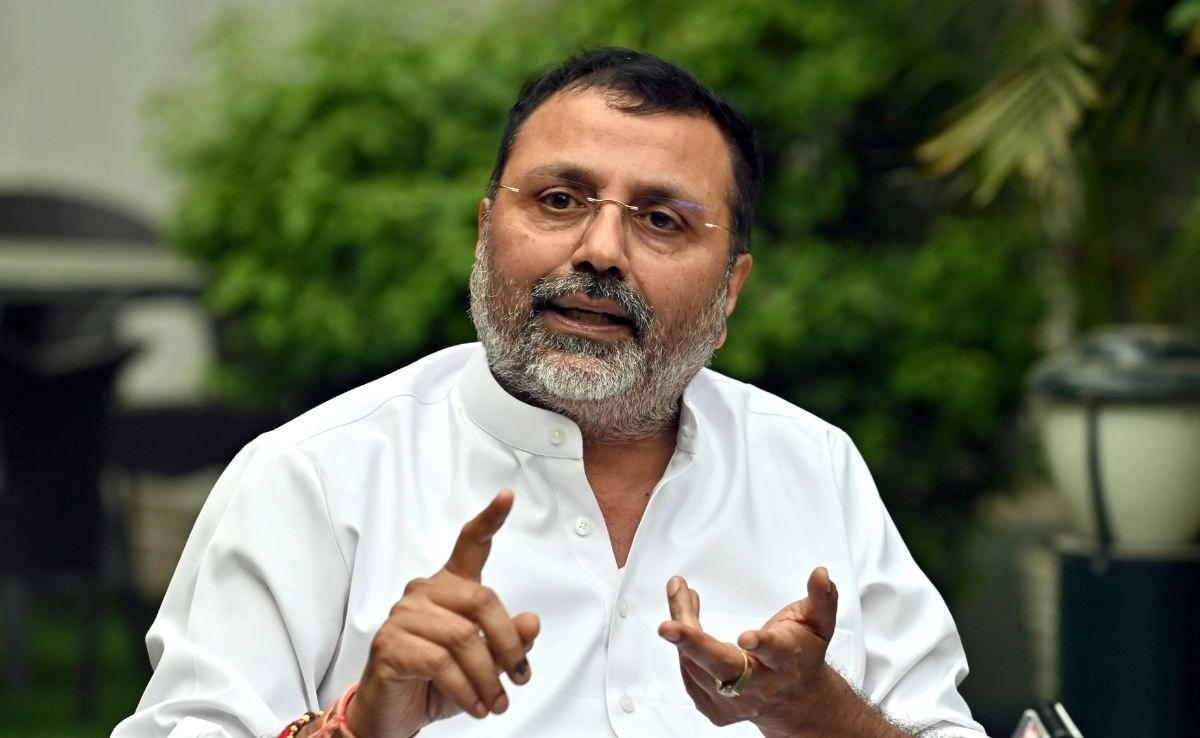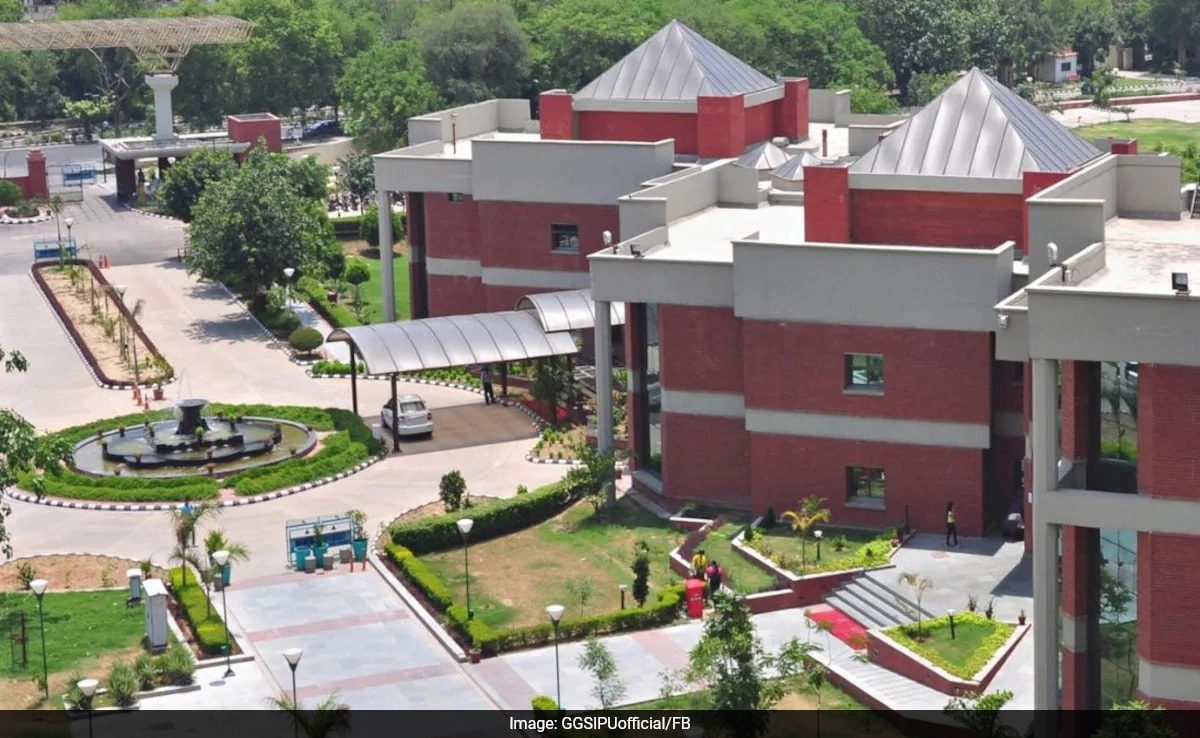In a striking statement that has stirred significant debate, a BJP Member of Parliament (MP) recently suggested that Parliament should be shut down if certain conditions are met regarding the Supreme Court’s authority and decisions. This comment has not only drawn attention to the ongoing tensions between the legislative and judicial branches of government but also reflects the complex dynamics of power within India’s political landscape. The MP’s remarks raise critical questions about the relationship between elected representatives and the judiciary, emphasizing the delicate balance that must be maintained to uphold the democratic framework.
The assertion made by the BJP MP echoes a sentiment that has gained traction in various political circles, where concerns about judicial overreach and the interpretation of laws by the Supreme Court have become increasingly prominent. Critics argue that the judiciary, while essential for safeguarding constitutional rights, must remain within its jurisdiction and not encroach upon the legislative domain. This perspective fuels ongoing discussions about the separation of powers and the role of the Supreme Court in shaping policy decisions that are typically the prerogative of Parliament.
The call to potentially shut down Parliament if specific judicial actions are perceived as overstepping boundaries underscores the heightened tensions between the two institutions. It invites a broader conversation about the accountability of the judiciary and the need for checks and balances that ensure both branches operate within their designated roles. As political leaders and commentators weigh in on the implications of such statements, it becomes clear that the discourse surrounding the relationship between Parliament and the Supreme Court is far from settled and will likely continue to evolve in the coming months.
This incident also serves as a barometer for the current political climate in India, where the interaction between various branches of government is under scrutiny. It raises important considerations about the future of governance and the role of political institutions in maintaining democratic integrity. As citizens and political analysts reflect on these developments, it is essential to foster a dialogue that emphasizes cooperation and mutual respect between the judiciary and the legislature, ensuring that the fundamental principles of democracy are upheld in the face of emerging challenges.




